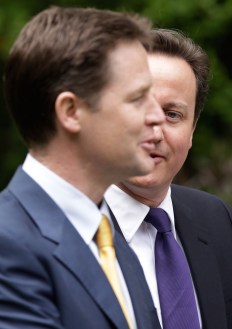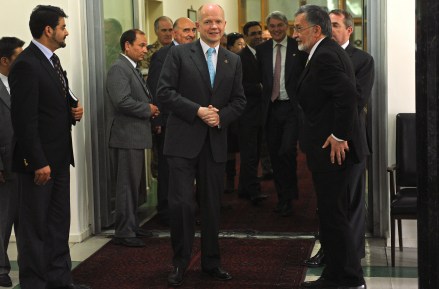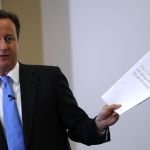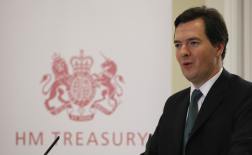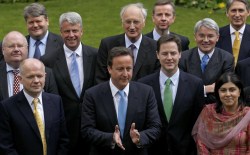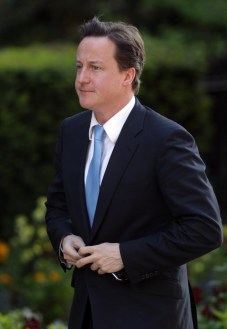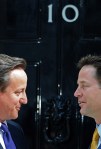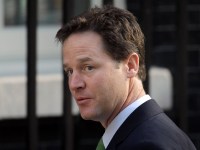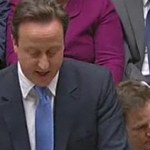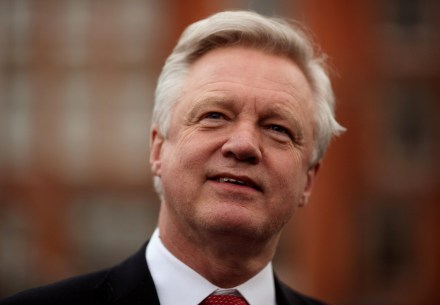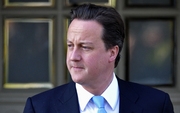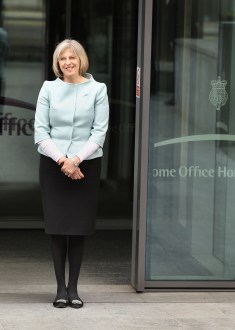Have the Tories fallen victim to the Lib Dem Hug of Death?
First, a little bit of history: as recently as last Christmas, I was a member of the Liberal Democrats. I can’t remember why I joined them, and I can’t remember why I left – which strongly implies that I put very little thought into either – but that’s a story for another time. As a member, I was part of a group within the party that wanted to pull it in a more classically liberal direction: a smaller state, lower taxes and greater personal freedom. The idea of a party committed to greater personal freedom, but not greater economic freedom, always struck me as equal parts ridiculous and confused. If
